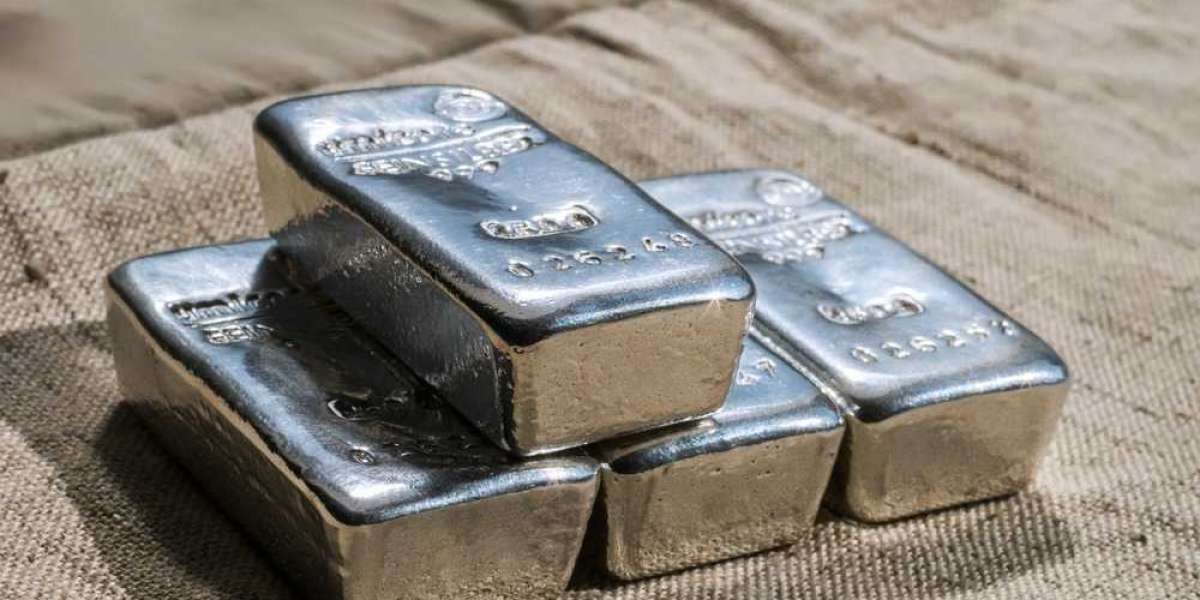The process does not end with the acquisition of the precious metals themselves. Due to the high value of precious metals like gold, choosing a storage and protection method for your new investment is crucial.
There are many different ways to store precious metals, some of which are safer than others. To provide you with a comprehensive overview of your options, we have compiled a list of ways to store precious metals.
Banks Some people believe that keeping precious metals at home is too risky. This is due to the possibility that it will portray them as a target for theft or burglary. A bank is typically one of the safest options for these investors. Investors can rest assured that their precious metals will be well cared for because banks provide superior internal and external security.
Despite their flaws, banks are one of the safest options. Services like storage necessitate upfront costs, which typically range from $200 to $500 annually. The difficulty of reaching them is the second disadvantage. Customers must visit the bank during business hours to view their belongings, which frequently conflicts with most people's schedules.
During federal holidays, customers may also have trouble finding their precious metals. Due to these time constraints, customers may encounter difficulties in the event of a financial emergency.
Utilizing third-party precious metal depositories to store and safeguard assets based on precious metals has numerous benefits. They offer the highest level of security and are big enough to hold a lot of bullion. At all times, precious metals depositories are closely watched. The depository is constantly monitored and recorded, and access to these facilities is restricted.
Numerous depositories offer solid insurance policies and solid accounting and auditing services in addition to providing excellent security. By periodically recording the number of precious metals in each storage compartment, auditing services aid in theft and loss prevention. These checks can be used to figure out how many precious metals are in the depository and, in rare cases, how many are missing.
The customer will be covered by the insurance policy of the depository in the event that the depository discovers that precious metals are missing from their collection. The majority of standard insurance policies cover damages or losses caused by theft that occurred after the precious metals were deposited, despite the fact that the specific terms of coverage may vary.
One of the safest places to store precious metals such as gold bullion and silver bullion in your home is in a safe. Due to their size and weight, they are difficult to move, and opening them requires a combination of digital codes. Your valuables might also be safe in the event of a disaster like a flood, fire, or another one.
However, safes can be expensive, frequently costing several thousand dollars or more. It is essential to carefully consider whether or not to store valuables in a safe because safes do not benefit from the insurance and security provided by a bank or precious metal depository.
Carefully Choose Your Storage In the end, your budget and willingness to take risks will determine the type of storage you choose. The safest method of storage should be chosen regardless of your decision.



